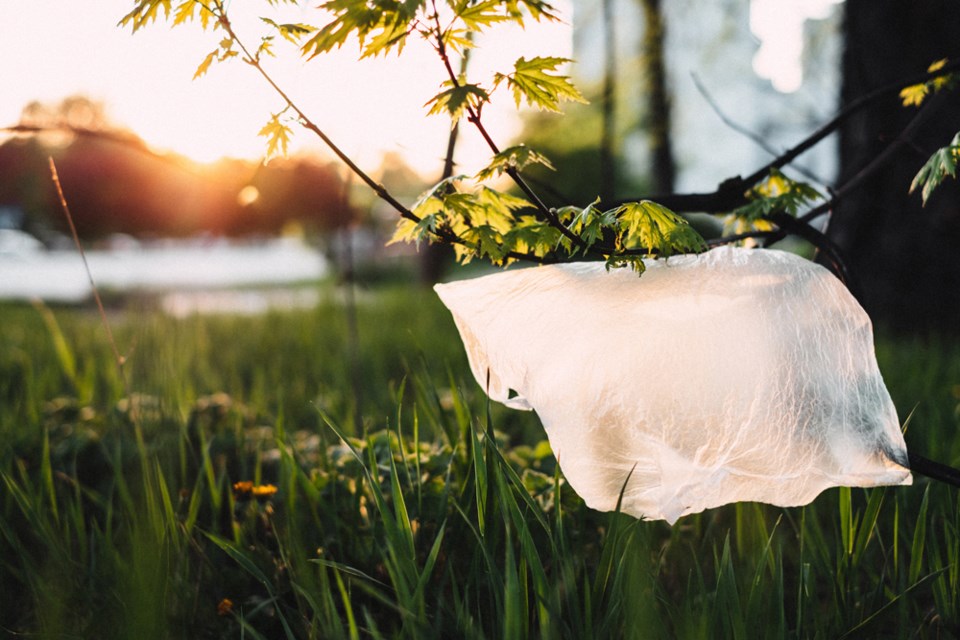Single-use plastics could be curbed in Squamish by the new year.
The decision was made unanimously by council in a 5-0 vote on June 25.
Mayor Karen Elliott and Coun. Doug Race were absent.
If all goes according to plan, the bylaw will go into effect on Jan. 1, 2020, while enforcement will begin in April 1, 2020.
The reduction was originally phrased as a ban, but after feedback from the community — especially those advocating for people with disabilities — council has decided to consider a reduction instead.
Of particular note is that plastic straws are appropriate for hot and cold items, while being sanitary and flexible. Straws made of substitute materials fall short of meeting these criteria, which is necessary for disabled people, advocates say.
Municipal sustainability co-ordinator Shannon White said that staff will be consulting with businesses and community groups on how to best draft the bylaw.
It also appears as if there’s also a business case to be made for reducing plastics.
“There’s a financial impact on taxpayers of our residents using single-use plastics,” said White.
“They do end up largely in our landfill, which, as many of you are aware, is coming to its capacity in 2027. So anything we can do to reduce the amount of materials in our landfill is a win.”
At the moment, the bylaw will be targeting straws and plastic bags in stores, with the intention of encompassing more single-use plastics in the future.
Ideally, if things work out the way the District wants them to, residents will use reusable bags and limit their plastic straw use to only when absolutely necessary, White said.
She acknowledged, however, there could be unintended consequences. In addition to creating difficulty for people who have disabilities, the bylaw could inadvertently increase the use of more environmentally harmful bags.
It could also create difficulties for businesses, especially those adhering to varying regulations across different jurisdictions.
There will likely also be additional costs to the town, she added.
For this year, an additional $15,500 from the Solid Waste Utility contingency fund will be used to pay for expenses related to legal fees, communication and outreach.
Next year, a new full-time position will be needed to assist in enforcing the plastic reduction.
That cost could range roughly between $60,700 to $81,000.
Coun. Chris Pettingill wondered if enforcement could cover the extra costs.
“We don’t anticipate the fines will offset the costs of an additional bylaw enforcement officer,” said Natasha Golbeck, senior director of community services.
“Our first line of enforcement is always education and voluntary compliance, and fines are always a last step that we take if we can’t get compliance in other ways. So we don’t consider enforcement a cost-recovery model.”
Other costs in 2020 could include $5,000 for a waste composition study and an additional $3,000 for communication, such as printing costs for educational materials.
In 2018, about 9.5 per cent of the total tonnage the Squamish landfill was plastic. About two per cent of this is classified as plastic film, which consists of retail bags and film wrap.
Another two per cent is classified as durable goods, which encompass non-packaging plastic, such as toys, straws and household items.
As part of the resolutions, council will be writing a letter to the province, encouraging Victoria to create provincewide business regulation to reduce single-use items and disposable plastic packaging, among other things.




